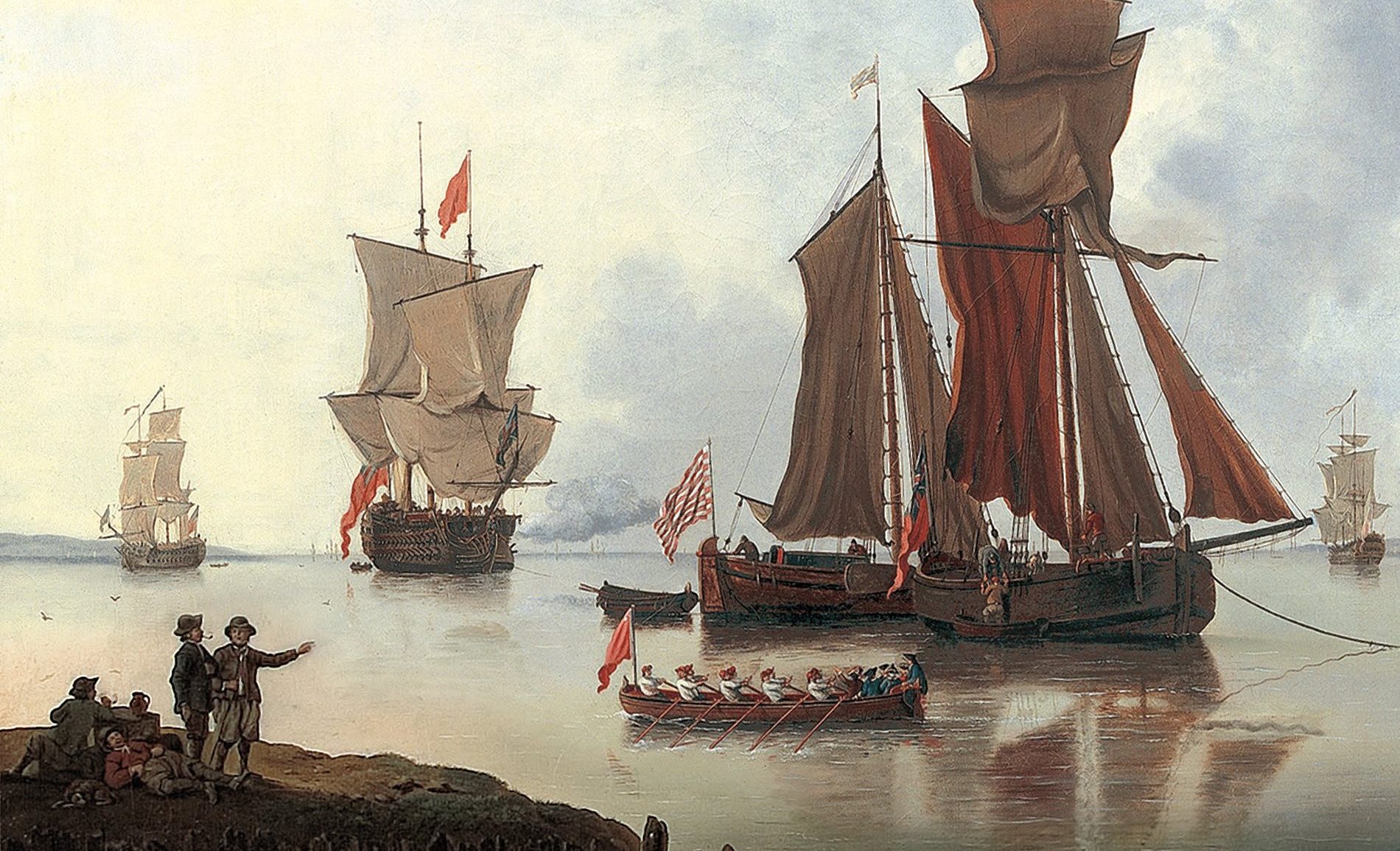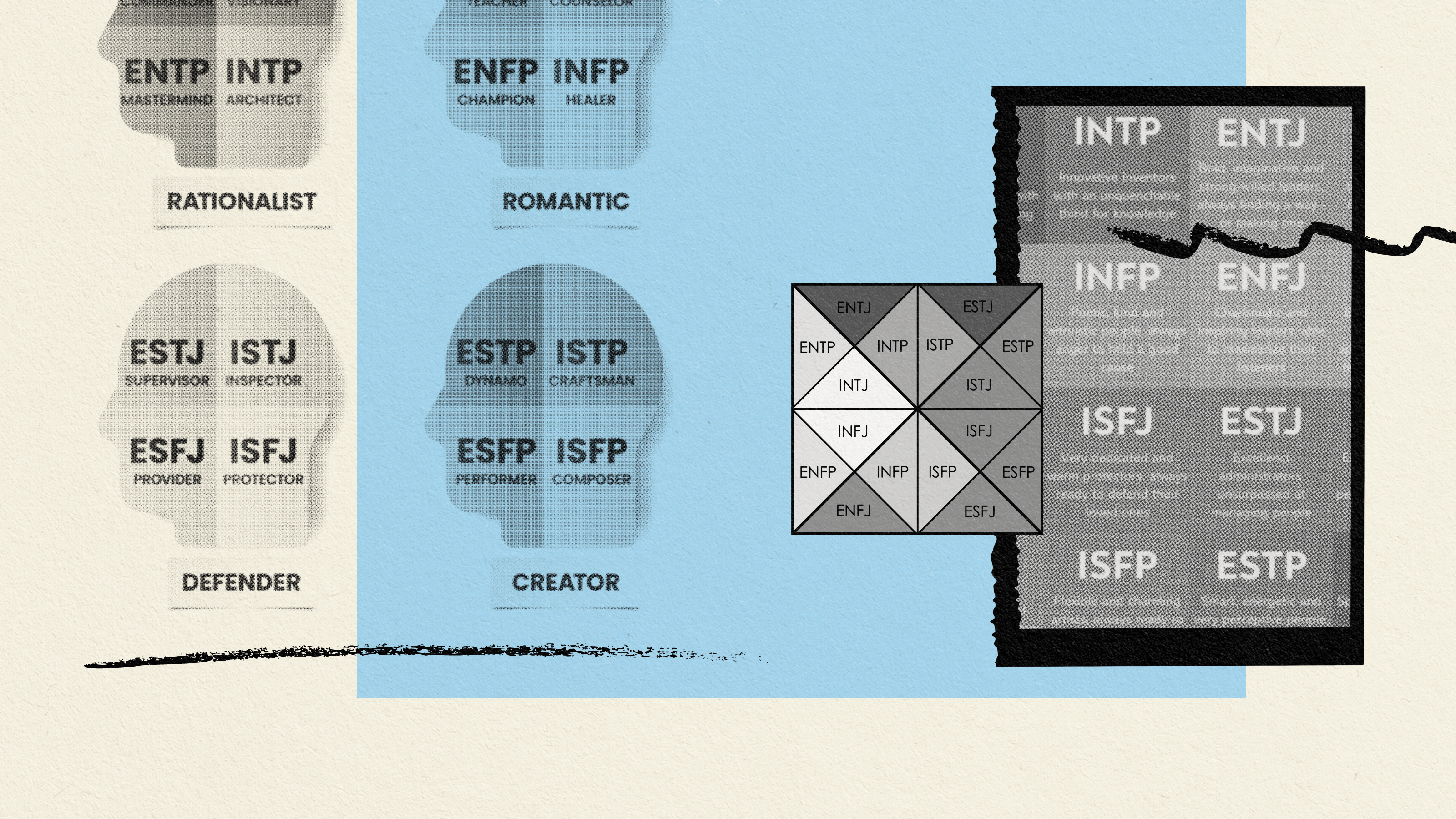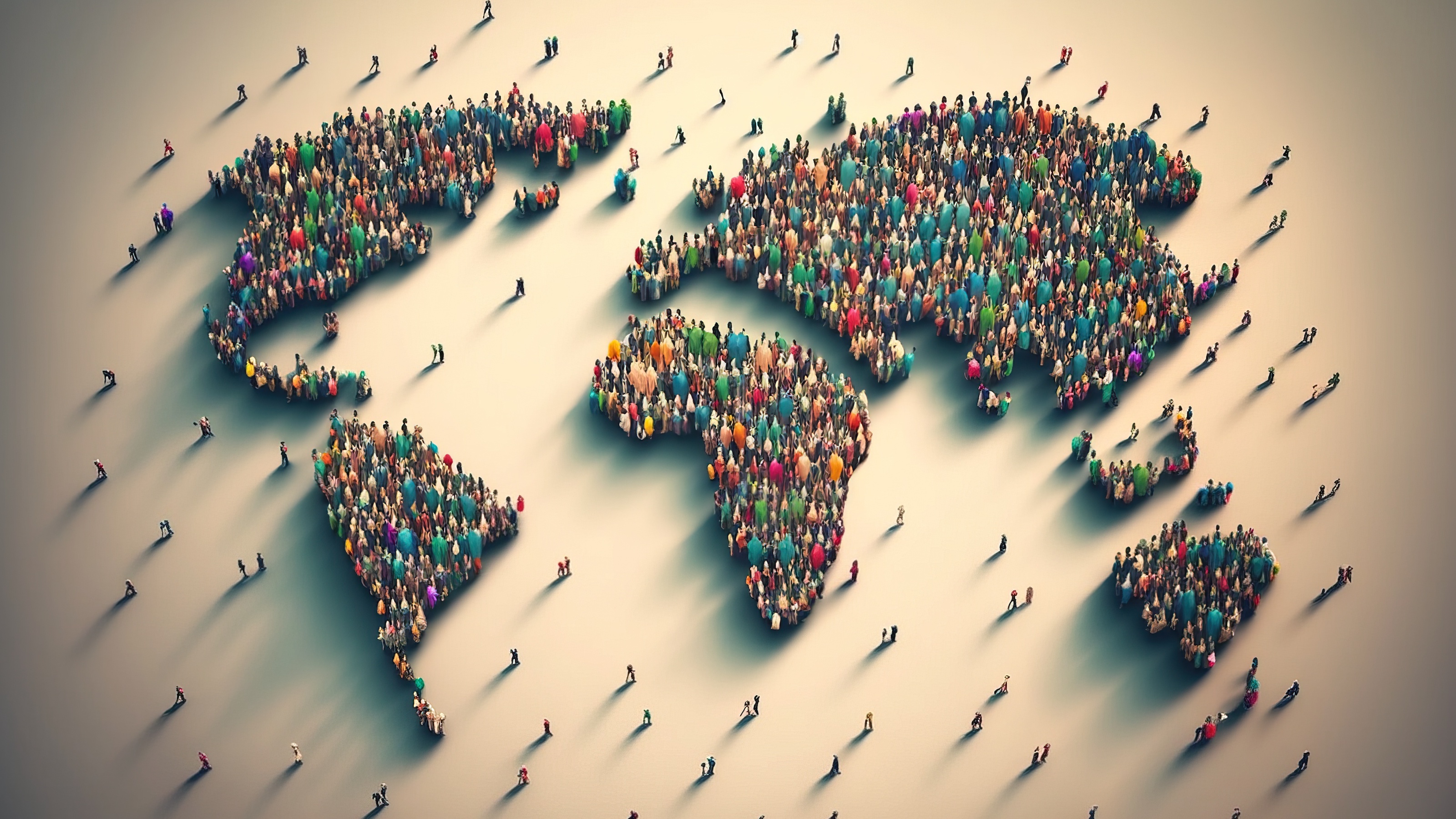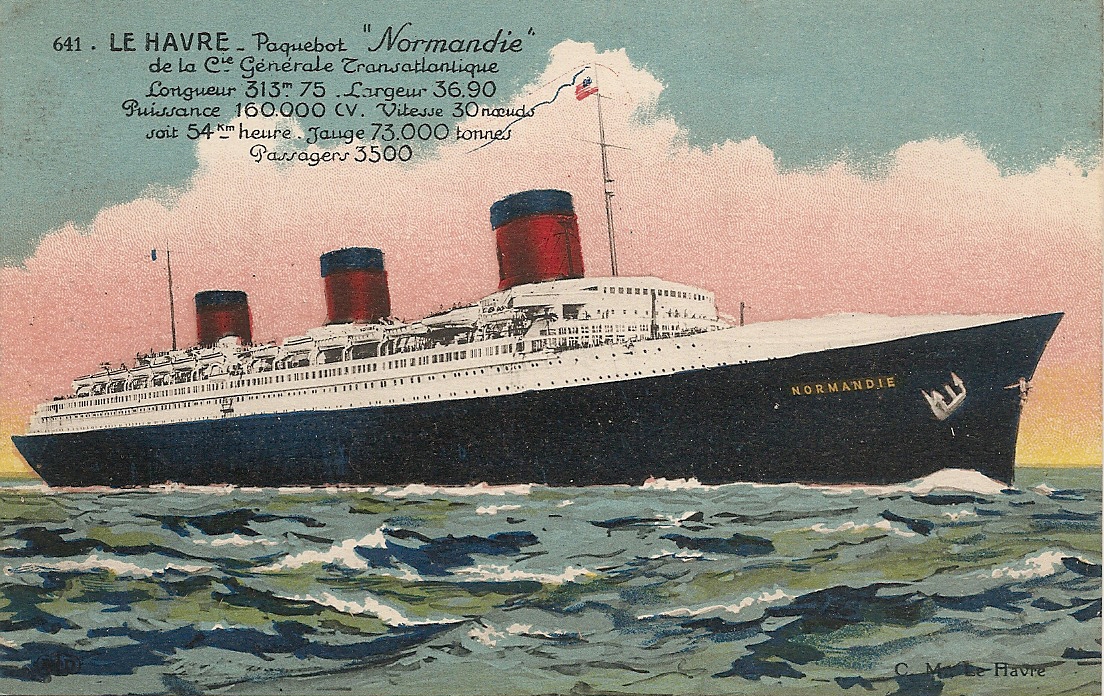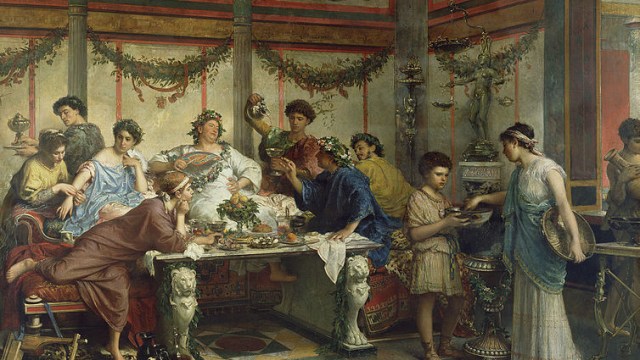Mercantilism: The theory that explains Trump’s trade war
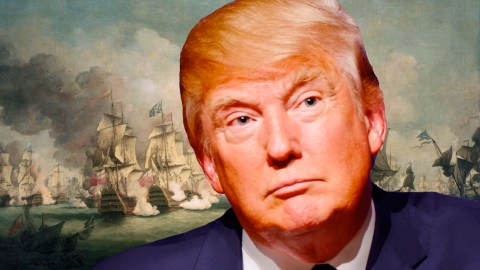
FADEL SENNA/AFP/Getty Images
- The use of tariffs by the Trump administration has confused more than a few leading economists.
- The policy and the motivations behind them do reflect an economic theory with a long tradition: mercantilism.
- Understanding mercantilism can help us understand why there is a call for more tariffs, and what might happen to the economy as a result of them.
Nobody can say that President Trump’s implementation of tariffs (with the promise of more on the way) hasn’t had an effect. What confuses many people is the nature of, and motivation behind, the tactic. Most economists agree that tariffs are a double-edged sword in the best cases and rarely recommend their use. The current trade war strikes many as strange at best and counter-productive at worst. There is a method to the madness, however. Donald Trump’s trade policies call back to mercantilism.
What is mercantilism?
Those of you who didn’t sleep through history class might remember that the early modern period was shaped in part by an economic theory called mercantilism. Not so much an ideology as it was a rationalization for policies that countries were implementing, it drove colonization and imperialism for much of the 17th and 18th centuries before being replaced by capitalism.
The idea was to maximize the value of your exports and minimize the value of your imports in order to increase the amount of wealth your country had. This was accomplished by preventing imports of finished products by means of tariffs, the promotion of domestic manufacturing, and strict control over the money supply. These policies were best expressed in France under Jean-Baptiste Colbert, who reorganized the entire French economy to follow mercantilist theories, and in England and during the 17th century.
There was also a significant national security element to mercantilism, since a bad trade deal would reduce your economic standing compared to another country and potentially place you at a military disadvantage over the long run. This reinforced the idea that every country was out for themselves and motivated countries to try and maximize the amount of wealth they had; preferably at the expense of everybody else.
How is this different from the economics that came afterward?
There are several differences, not only in the policies each philosophy endorses but how Mercantilism views trade and economic interactions compared to how we see them now.
While today most economists view trade as a win-win interaction, with each trading partner focusing on making a lot of something they can make well and then trading for what they lack, mercantilists viewed trade as a zero-sum game. In every trade, there was a winner and a loser. Each country strove to export only finished products and import as little as possible.
Mercantilists also wanted to make a country as close to self-sufficient as possible, as part of their goal to minimize imports. This runs counter to modern economic theories that suggest a country should produce what it is best at making and import what it cannot make cheaply.
Lastly, while modern economic theories argue that increasing productivity will lead to economic growth, Mercantilists argued that an endlessly positive balance of trade alone was the key. This point was so important that nobody even realized this was impossible until David Hume came along.
How does Donald Trump follow this?
The rhetoric he uses when he tries to rationalize the tariffs hits all of the mercantilist concerns on the head. Tariffs against the industries of American allies are framed as issues of national security, free trade agreements are viewed as bad deals, trade surpluses are emphasized as a sign of economic progress.
Even his love of tariffs as a tool harkens back to old-timey economic theories, even economists who call themselves neo-mercantilists don’t advise the use of tariffs.
However, he isn’t exactly doing it right. Mercantilists like Colbert tried to get raw materials as cheaply as possible while placing tariffs on finished products to encourage domestic production. Currently, the United States is putting tariffs on things like steel that are used to make other products. This, while potentially having economic or political payoffs, is nonsensical from a mercantilist perspective. They would place the tariffs on cars and washing machines, not steel.
What does this mean for the future?
There is a reason that Mercantilism went out with the 18th century.
At the scale of the entire economy, tariffs tend to increase prices and lower employment. They can, however, preserve jobs and profits in the protected industries as intended. The Trade Partnership, a trade and economic consulting firm, estimated that the steel and aluminum tariffs will cost 100,000 jobs while only 30,000 are gained.
Former Chairman of the Federal Reserve Alan Greenspan called the tariffs “insane” and compared them to excise taxes, which are taxes on production. He further questioned the ability of anybody to win a trade war, saying “There are victors and there are losers in a tariff fight. But that doesn’t say that a more important issue is both are losing, it’s just the winner loses less.”
On the other hand, they are doing the job they are supposed to be doing. The prices of the tariffed goods are rising to a point where some consumers to choosing to buy from American producers again. If these purchases will be enough to stave off the job losses predicted in other sectors of the economy is another question.
The global tendency towards free trade is unlikely to end anytime soon, for the reasons mentioned above. However, the current trend of closing markets and starting trade wars is not without some precedent in history. The final effect of these tariffs on the global economy remains to be seen, but history and economic theory suggest we should be in for a bit of excitement.
